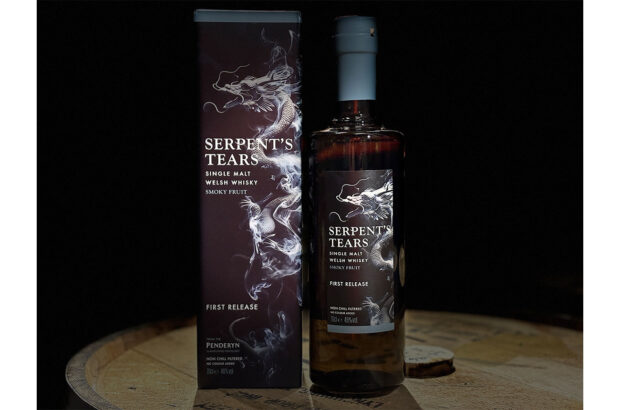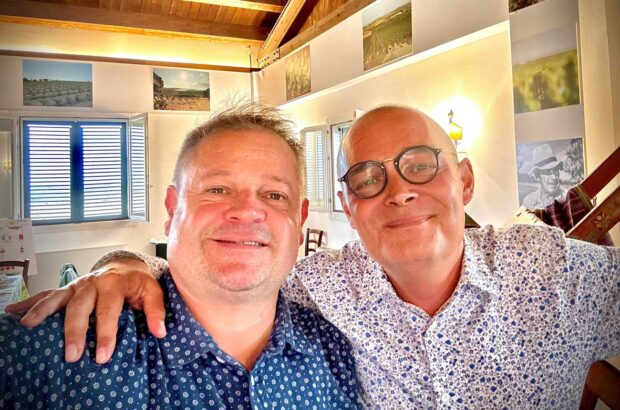Champagne is a protected denomination of origin (PDO) in the EU, just like Parmigiano Reggiano, Kalamata olive oil from Greece and paprika from Murcia in Spain.
Belgian officials determined that Miller High Life’s century-old motto represents an infringement of the PDO, and they ruled that the cans were therefore illicit goods.
Workers at a plant in Ypres destroyed the batch, sending out a clear warning to the world that the Champagne brand is not to be messed with.
‘The Comité Champagne helps train our teams and provides information that allows us to identify whether products are genuine or counterfeit,’ said Kristian Vanderwaeren, administrator of the Belgian customs service.
‘When a counterfeit is detected, as is the case here, we also agree on the decision to destroy these goods and how to get them destroyed.’
Essentially, the Miller High Life cans were treated as counterfeit Champagne, which required them to be destroyed.
They were intercepted at the port of Antwerp, destined for the German market, but they did not make it that far.
Frederick Miller, who emigrated from Germany to the US, founded the Miller Brewing Company in Milwaukee back in 1855.
Miller High Life, its oldest brand, was launched in 1903 and it adopted the ‘Champagne of Beers’ motto three years later.
Molson Coors, which owns Miller Brewing Company, does not export Miller High Life to the EU, as it is aware of the consequences.
Belgian officials would not reveal who exported the 2,352 cans to Antwerp, but they said the buyer was informed and did not contest the decision.
Molson Coors insisted that it ‘respects local traditions’ regarding the word Champagne, but added: ‘We remain proud of Miller High Life, its nickname and its Milwaukee, Wisconsin, provenance. We invite our friends in Europe to the US any time to toast the High Life together.’
It remains to be seen whether the leading Champagne producers will flock to Milwaukee to drink Miller High Life.
Charles Goemaere, MD of the Comité Champagne, congratulated Belgian customs officials for ‘their vigilance with regard to the Champagne designation and for their responsiveness’.
He added: ‘It confirms the importance that the European Union attaches to designations of origin and rewards the determination of the Champagne producers to protect their designation.’
The Comité Champagne hopes to educate more Americans about Champagne’s provenance. Its surveys suggest that just 54% of Americans are aware of Champagne’s origins, compared to 86% of adults in France and Italy, 76% in the UK and 67% in Japan.
In the US, bottles of so-called ‘Champagne’ produced in places like New Mexico and California are sold in bars and stores, which can lead to confusion.
The Comité Champagne hopes to counter this with marketing activities, education and taking legal action to protect the Champagne’s brand around the world.






